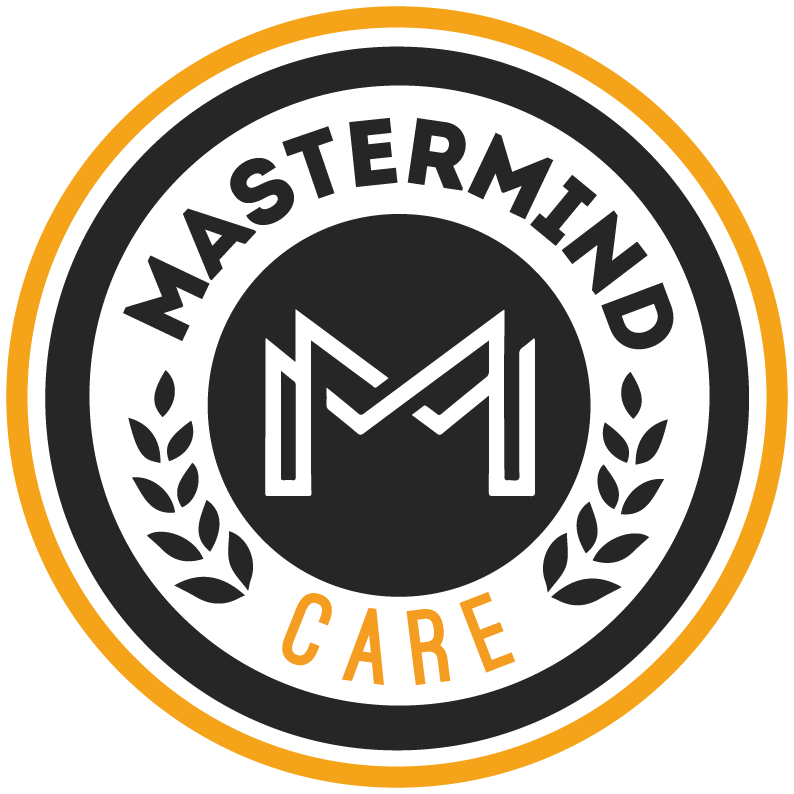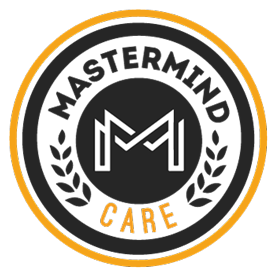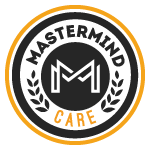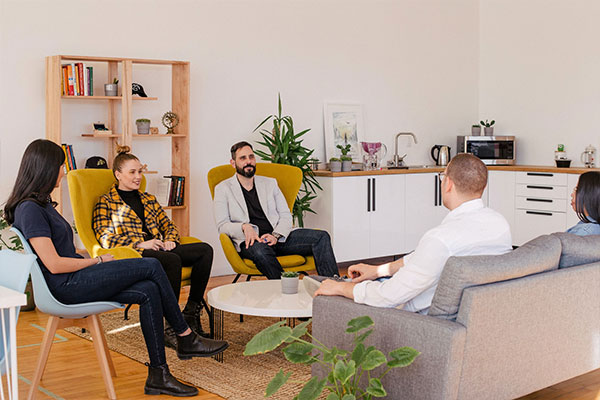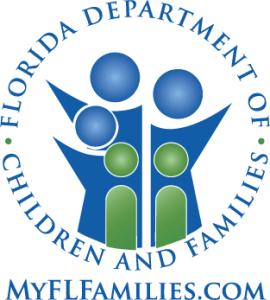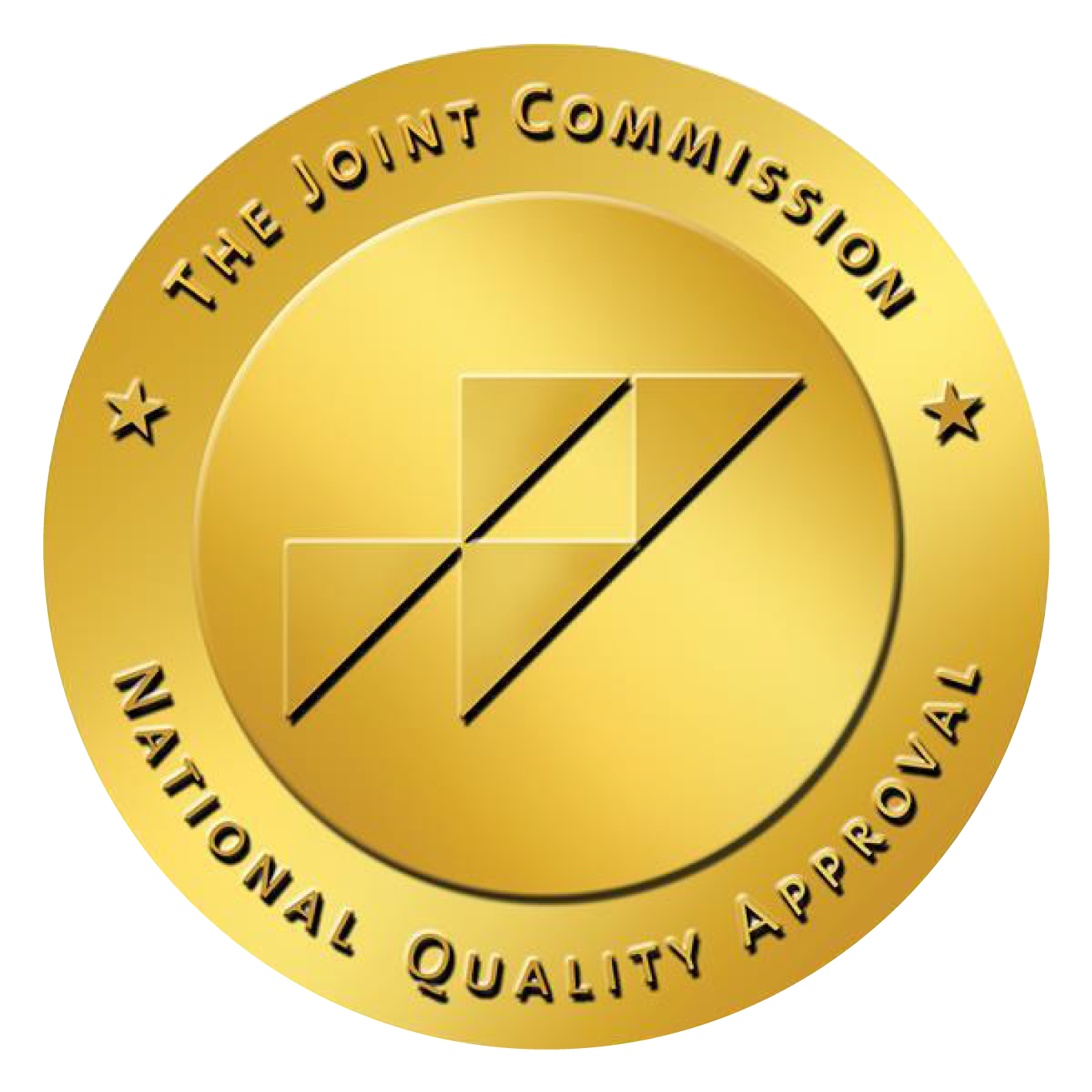What is outpatient rehab?
Addiction rehabilitation treatments in an outpatient setting are often the best option for people with mild to moderate addictions. These clients should present at a low risk of withdrawal and should have the motivation and commitment to attend regular counseling sessions, with adequate transportation.
Outpatient level of care
Requirements:
- Low Risk of severe withdrawal
- Little to no medical conditions and complications or receiving concurrent medical monitoring.
- Stable emotional, behavioral, and mental condition or receiving mental health monitoring.
- Ready for recovery but requires monitoring and motivation.
- In need of strategies to strengthen recovery readiness.
- Low relapse potential, able to maintain abstinence and pursue recovery and help when needed.
Intensive Outpatient level of care
Requirements:
- Minimal risk of severe withdrawal
- Little to no medical conditions and complications or receiving concurrent medical monitoring.
- Stable emotional, behavioral, and mental condition or receiving mental health monitoring.
Outpatient addiction rehabilitation benefits

Addiction rehabilitation treatments in an outpatient setting are often the best option for people with mild to moderate addictions, low risk of severe withdrawal, and have the motivation and commitment to attend regular counseling sessions, as well as transportation to come and go from treatment sessions.
If you can recognize the first warning signs of addiction and are willing to tackle them right away, then this might be the most convenient option to tackle this problem.
There are many benefits to outpatient rehabilitation.
These are some of the advantages:
Affordability
Outpatient rehabilitation is the least expensive treatment option that remains effective in treating drug and alcohol addiction.
Because you can live at home during outpatient treatment, you will not need an overnight accommodation space such as an inpatient facility, making it more affordable.
This is beneficial for many people who do not have insurance that covers their treatment in full or who cannot afford a fully residential program option.
Flexibility
Patients are required to register at the treatment center for a certain number of days and hours. However, they have much more freedom than hospital rehabilitation, including the ability to continue with their daily activities, such as going to work or school.
Outpatient programs can generally be adjusted to your schedule. This is beneficial for those who feel that they cannot leave their job or family for an extended period of time.
Family Access
Outpatient programs allow you to be home and see your family. This is an important part of the rehabilitation process as the family provides love and support to many patients to help them through the recovery process, they can help you stay sober. It also allows patients to continue caring for family members, such as children or elderly parents for whom they cannot find alternative care options. Pubg Mobile
Are you or a loved one looking for help with an addiction problem in South Florida? We have someone standing by to help and answer any questions. Call Now: (877) 357-3422
What types of therapies are used during outpatient rehabilitation?
The great thing about outpatient therapy is that you can generally receive the same types of therapy in these programs that you can expect to receive in residential programs. There are a variety of different approaches that can be used during your treatment. Some of these include:
Cognitive-behavioral therapy (CBT)
This type of therapy helps to change negative thought patterns that can lead a person to become addicted to a substance. This is a way of understanding how one thinks about oneself, other people, and the world around him, and how what you do affects your thoughts and feelings. CBT can help you change the way you think (“cognitive”) and how you act (“behavioral”), and these changes can help you feel better.
Dialectical behavioral therapy (DBT)
It is a therapy that helps people who have difficulty managing their emotions and have self-destructive behaviors.
This method is often very suitable for someone struggling with addiction problems.
Eye movement desensitization and reprocessing therapy (EMDR)
This therapeutic technique consists of reducing the emotional suffering associated with traumatic memories, it is achieved through bilateral stimulation, through the senses they are cognitively reassigned: images, perceptions, sensations and “memories of pain” or conflicting ones registered in the brain, thus reducing the impact of the “memory trace” on the individual and her life.
Experiential Therapy
For those who have trouble expressing deep emotions or talking about painful moments in their lives, experiential therapy can help.
This is because experiential psychotherapy involves physical and practical activity or experience that provides interactive opportunities for people to open up to their therapist.
This type of therapy uses scenarios and role-plays to help people in their recovery.
Individual counseling
Some people may not feel comfortable sharing their problems in a group setting, they may feel better during individual counseling sessions. That is what individual counseling entails. It gives the patient the opportunity to sit down with her therapist to discuss the roots of her problems and find solutions.
Group counseling
This type of treatment allows people to interact with their peers, identify with their problems, and promote strong ties between them and can find solutions collectively.
Family therapy
This therapy serves to increase the commitment and adherence of the addicted person and their families to the treatments, helps to decrease the number of post-treatment relapses and reduce the psychosocial dysfunctional behaviors associated with addiction both within the family and in the environment more next. In these sessions, it is important that everyone involved participate.
Holistic therapy
Holistic therapy tries to provide a guide to the person with the problem of addiction, so that, by itself, they discover how they got into addiction and how their decisions, their choices, and their reactions can help them in future moments. That’s the focus of holistic therapy, which can include methods like meditation, yoga, physical exercise, and more.
Life skills training
In some addiction cases, the basic principles of how to live a healthy, drug-free lifestyle are forgotten. Simple tasks like attending a job interview can become so overwhelming that a person can turn to drug use instead of dealing with a stressful situation.
Outdoor therapy
A change of environment can often be the key to progress. Outdoor therapy can help a person relax and be better able to receive treatment and restores confidence in patients through activities such as camping, walking, and challenging outdoor activities.
Dual diagnosis
Many patients struggle not only with a drug or alcohol addiction but also with a mental illness that may even contribute to the addiction. Dual diagnostic treatment focuses on addressing both conditions simultaneously.
Are you or a loved one looking for help with an addiction problem in South Florida? We have someone standing by to help and answer any questions. Call Now: (877) 357-3422
 Outpatient vs. inpatient addiction Treatment
Outpatient vs. inpatient addiction Treatment
Drug and alcohol treatment programs generally fall into one of two categories: inpatient or outpatient rehabilitation. While equally focused on rehabilitation, each has unique attributes and benefits to offer.
Inpatient rehabilitations are intensive residential treatment programs designed to treat severe addictions. Outpatient rehabilitation is a part-time program that allows the recovering user to continue going to work or school during the day.
It is important that both the addicted person and their loved ones understand the differences before selecting a treatment program. Finding the right treatment program can put you or a loved one on the road to sobriety.
Participants in outpatient drug rehabilitation can also pay their bills, as they can schedule their care so that it does not conflict with work. Responsibilities involving older family members or children in the home can also be served while addiction is being addressed. In the same way that a person has juggled addiction and life tasks, that person could handle rehabilitation demands and external obligations.
Overhead costs are lower and those savings can be passed on to clients who need help. Furthermore, the costs involved could be covered, at least in part, by health insurance providers.
An outpatient program also gives people the opportunity to test their skills on a daily basis. Instead of spending most of the day in a sterile and sober environment, people receiving outpatient care continue to work, live, and socialize. They have an opportunity to test their skills right away, and that can keep those lessons going.
Outpatient treatment programs are the usual setting for treating drug and alcohol abuse.
Many recovering addicts also turn to outpatient treatment after completing a hospitalization program as part of their continued recovery.

Help for addiction treatment in South Florida
We also provide service in these cities: Hollywood, Davie, Weston, Cooper City, Plantation, Sunrise, Tamarac, Coral Springs, Parkland, Deerfield Beach, Lighthouse Point, Lauderdale Lakes, Margate, Wilton Manors, & Boca Raton.
Request Our Info Packet
Your Guide To The Recovery Process
Learn everything you need to know about the recovery process and staying sober.
Request Our Info Packet
Your Guide To The Recovery Process
Learn everything you need to know about the recovery process and staying sober.
